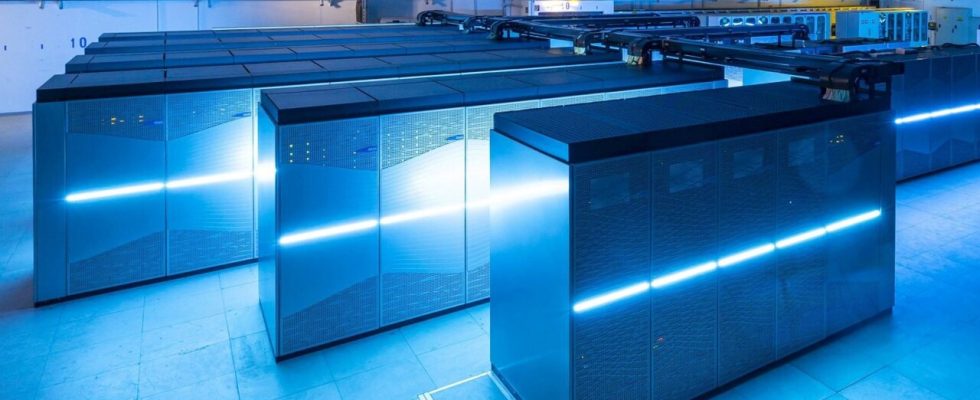The European Union has accelerated its efforts to implement JUPITER, a groundbreaking supercomputer project in the field of scientific research and development. JUPITER will operate at exascale level and has a capacity to perform 1 quintillion operations per second. This means computing power millions of times faster than today’s most advanced supercomputers. The project aims to make Europe a leader in IT and is being implemented in cooperation with the EU and major technology companies.

JUPITER revolutionizes industry and science
JUPITER, which is planned to become operational in early 2024, enables revolutionary projects in both the scientific world and industry. The limits of the supercomputer’s processing capacity will enable simulations and calculations that were not previously possible, accelerating research in a number of critical areas. The project uses Nvidia GPUs and SiPearl Rhea processors to support artificial intelligence research. These two powerful hardware are combined with the energy-saving BullSequana platform.

The JUPITER project, which will be managed by the Jülich Supercomputer Center, has the capacity to run over 90 exaflops in artificial intelligence applications using approximately 24 thousand GPUs. This shows that JUPITER has the potential to become the world’s fastest artificial intelligence supercomputer. JUPITER’s computing power is thought to be destined to accelerate a range of critical research, from climate change to new drug discovery and quantum physics.
